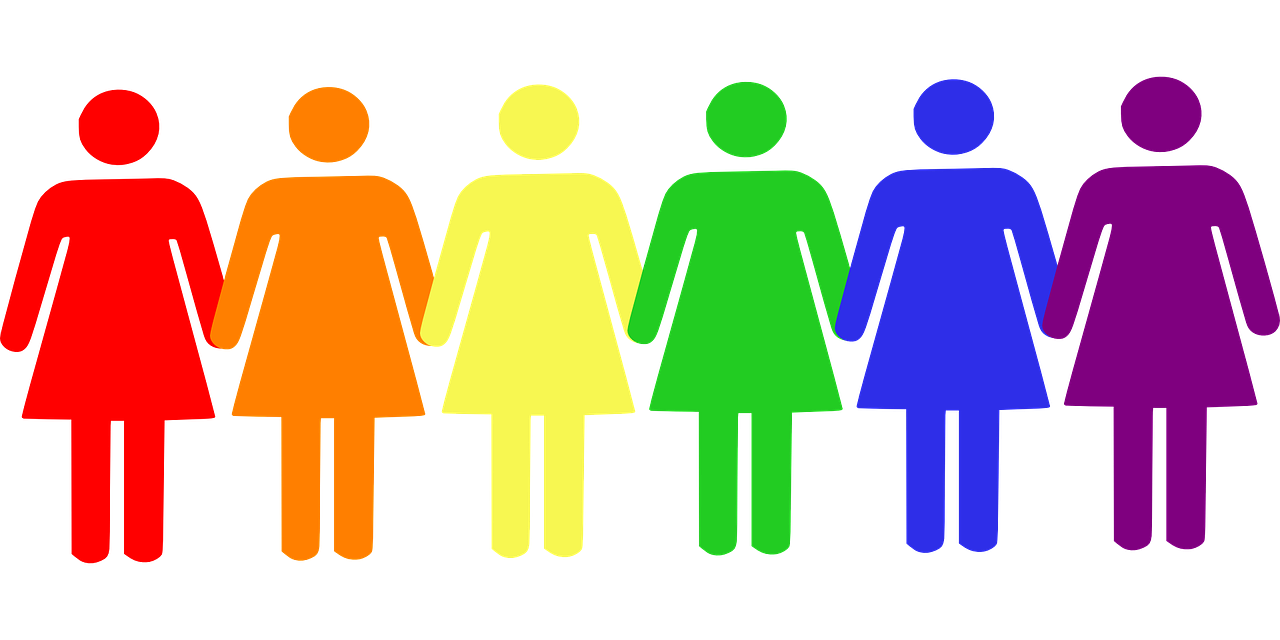US Women's History Month and the Wider Progressive Movement
Posted by Pete on Mar 20th 2019
In a Radical Tea Towel email earlier this month, I wrote about how International Women’s Day (8th March) originated in the European socialist movement.
But it’s important to stress that the movement for women’s emancipation and the movement against economic exploitation aren't just connected by a scattering of events and commemorations. Their two histories, at least where they've remained truly progressive, have been tied together from start to finish.
There are few better examples of this than in the United States, which has been formally celebrating its 'Women’s History Month' this March.
Look down American history. All the great characters in the struggle of US women have held two swords – one against the patriarchy, and the other against the oligarchy (groups with very-much shared memberships!).
Sojourner Truth and Harriet Tubman both committed themselves against the labour theft and racial oppression of slavery as well as to the cause of US women’s suffrage.
Eleanor Roosevelt was a public leader of the New Deal as much as her husband.
And Maya Angelou tied together her opposition to racism, sexism, capitalism, and colonialism in her defiant support for revolutionary Cuba.
US Women’s History in any progressive sense, then, has always combined resistance to the monopolistic power of men with resistance to the monopolistic power of the rich.

Emma Goldman: a progressive icon
Few things make this point more clearly than Emma Goldman’s lukewarm attitude toward US women’s suffrage in the 1910s, as strange as that sounds.
Goldman was a woman whose progressive credentials are beyond all doubt.
Inspired by the murder of the Haymarket Eight in 1887, she dived into anarcho-socialist politics, quickly becoming one of the leading figures in first the US labour movement, and soon enough the global one.
Why, then, was Goldman tepid toward the contemporary US suffrage campaign led by the likes of Alice Paul and Susan B. Anthony? In her own words:
“Needless to say I am not opposed to woman suffrage on the conventional ground that she is not equal to it. I see neither physical, psychological, nor mental reasons why woman should not have the equal right to vote with man. But that can not possibly blind me to the absurd notion that woman will accomplish that wherein man has failed.”
Widening the case for emancipation
Goldman was concerned that, if understood in too narrow terms, the cause of women’s emancipation would become untethered from the wider social struggles against the capitalist and racist system in America, becoming little more than a lobby for rich white women.
In 1911 she pointed to how, in those few states where suffrage had already been granted, upper-class women had used their vote to guarantee women’s right to own property. Goldman then asked, “of what avail is that right to the mass of women without property, the thousands of wage workers, who live from hand to mouth?”
Goldman’s worry that a narrow understanding of women’s politics would lead to a reactionary turn in the women’s movement has come true time and again.
Alice Paul threw her African-American sisters under the bus to support Jim Crow segregation – hoping to win support from ‘respectable’ America by presenting the women’s movement as a loyal supporter of US racism (and she wasn't alone in this).
In the UK, Emmeline Pankhurst sold out to militarism during WWI so that her suffrage campaign wouldn’t look too ‘subversive’, putting UK ‘feminism’ behind a war which was killing tens of thousands of women a month by blockade, occupation, and gunfire.
Remembering Goldman's progressive wisdom
Emma Goldman was alive to see these particular right turns in Western feminism. If she were still about today, she probably wouldn’t be much happier with the global situation.
Imagine Emma Goldman being told that “there aren’t enough women bankers” was now being paraded by some as a feminist issue – she’d ask how many thousands of poor women are dispossessed every year by those same banks for missing their latest mortgage payment.
For Goldman, the notion of women’s emancipation being able to go ahead without the emancipation of the poor, and of ethnic minorities, seemed completely absurd.
Following her thinking, we might reflect on US Women’s History Month.
If this event is to achieve something more than archiving ‘things US women have done’ – to mean something more progressive – it probably needs to see women’s history as Emma Goldman did.
Not as something self-contained, but as one, crucial warhorse – along with working class history, African-American history, Native American history, LGBTQ history etc. – pulling the chariot of social emancipation, which has been charging forward through the American story from the beginning, and will, we hope, never stop.
